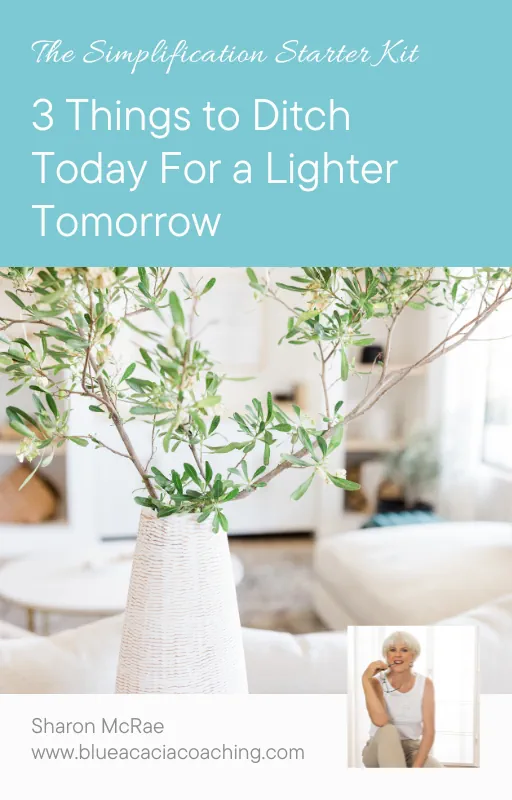
“The ability to play is there in all of us, and is transformative when it is rediscovered.” *
Your greatest asset is… you.
One of the most important things you will ever do is to invest in yourself. In this post, we take a look at the role of play in making us a better version of ourselves.
What is play? It’s defined here as “activity engaged in for enjoyment and recreation.” So, play is recreation, which means to “create again, to renew.”
The above source lists the opposite of play as work. Dr. Stuart Brown, a psychiatrist, clinical researcher, and founder of the National Institute of Play, disagrees. He says:
“The opposite of play is not work. The opposite of play is depression.”
Think about that: does the absence of play have serious consequences? Yes. When we stop playing, our vitality starts to drain away. We stop developing. Our curiosity about new and novel things wanes. We lose spontaneity and become inflexible. Brown warns, “When we stop playing, we start dying.”
Work and play are not mutually exclusive. To flourish, we need them both. Work brings a sense of achievement, stability, and autonomy; play imparts discovery, renewal, and fun. A life devoid of play eventually becomes a life of drudgery. Brown notes, “Work doesn’t work without play.”
Too grown up to play?
Does your inner critic resist the notion of you playing more? Does it say things like “Don’t be silly! That’s not being respectable/responsible/serious/………. (insert your own self-judgment here.) You’re an adult!”
Those self-criticisms may have deep roots. As a child, perhaps you were expected to reach lofty standards. Maybe you were rewarded or praised for attaining expected results, or punished or criticized if you didn’t. Or possibly there was little or no time allowed for play.
Whether our need for play was nourished in childhood or not, the fact remains that play is essential to thriving in life. And it remains so right on throughout life; adults need to play.
In his book fittingly called Play, Dr. Brown refers to research done in Okinawa, Japan. Okinawa is one of the world’s five Blue Zones, areas where people live especially long and healthy lives. The research found that “activities like playing with young children was as important as diet and exercise in fostering the Okinawans’ legendary longevity.” The people of Sardinia, another Blue Zone, are “natural comedians” and love to joke with their friends.
Feed your need to play
Where do we start? Based on his own research and observations, Brown describes in his book eight general ‘play personalities’. These personalities encompass a broad range of activities, all fertile ground for play.
Most people fall into more than one category. See if something resonates with you.
- Jokers: includes those who enjoy tomfoolery, comedy and telling jokes, playing practical jokes, and making others laugh, like the Sardinians.
- Kinesthetes: people who love physical movement, whether that be team or solo sports, dance, swimming, climbing, or walking.
- Explorers: those who enjoy the discovery and exploration of new or expanded landscapes, whether in the flesh or in the mind.
- Competitors: those who love to participate in or watch activities where there are rules, keeping score, and winners.
- Directors: people who thrive on planning and organizing outings, projects, and events.
- Collectors: those who get a thrill from collecting things, alone or as part of a group or club. Collectors don’t always garner tangible items; some collect experiences (think storm chasers).
- Artists/Creators: people who enjoy producing, restoring, or beautifying something.
- Storytellers: those who weave stories from their rich imagination, in written or spoken word, art, or performance. Also included are the readers and audiences of those stories.
Did you see yourself in there?
Without question, I’m a Kinesthete. As a sportsperson, I am unremarkable at best. But when I discovered the world of dance at age fourteen, my world changed colour. I was never happier than when jiving, all sparkly and high-heeled, across a dance floor. That was years ago but even now I can’t help but move to the beat of music… even in supermarket aisles, despite the risk of public embarrassment.
I’m an Explorer too – inoculated with wanderlust, endlessly curious, and thirsty for understanding. There’s also a dash of Creator with a pinch of Storyteller thrown in – my canvas is a computer screen and I paint with words.
Plainly, with such a wide range of play styles, play doesn’t have to involve uncommon physical exertion or rollicking like a clown. Remember, play is recreation, that which re-creates or renews. The goal of finding your play style is to feel refreshed and reinvigorated, to reignite passion and joy, and to stimulate personal growth.
What in the past delighted you? What made you feel alive, utterly absorbed? In the words of Dr. Brown, “The memory of that emotion is going to be the life raft that keeps you from drowning. It can be the rope that lifts you out of your play-deficient well. Your task will be to find activities that allow you to recreate that feeling.”
A side point here: do electronic games count as recreation? To answer that for yourself, think about the following:
- Do they truly benefit you?
- Do you feel enriched, renewed, and reinvigorated after playing?
- Do they enhance your mood?
- How do they make you feel about yourself? About others?
- Do they leave you content and optimistic? Or angry, aggressive, and disconnected from others?
Three PLAYful suggestions:
1. Give yourself permission
Learning to play again can feel awkward. We fear that we might look foolish or risk embarrassing ourselves. It’s uncomfortable to feel so vulnerable. The thing is, play is a natural part of all of us, and not just when we are young. That ability is still inside us and to thrive, we need to find ways to express it.
Sometimes we need to ‘feel the fear and do it anyway’. Procrastinating won’t help. Go ahead and give yourself permission to play.
2. Spend time with a pet or small child
This is particularly helpful if there’s still resistance to just letting your hair down. Pets, especially a dog or cat, or better still a puppy or kitten, are natural players. So are children. Pets and children won’t judge you. They don’t care how you look; they just want to have fun.
3. Make time for play
Play is a need just like the need to eat and rest. It makes sense, then, to intentionally make time for it, just as we do for meals and sleeping. However, it’s a challenge to schedule time for play – we’re busy and it feels self-indulgent.
Acknowledge the discomfort, but don’t allow it to hamstring you. Take small steps and begin now; it will become easier.
Cultivate a play mindset. Be open to serendipity – moments of joyful spontaneity. They are the spice of life.
And finally…
Play is a vital part of our self-care. No one can do it for us – we have to do it for ourselves. Brown concludes:
“In the end the most significant aspect of play is that it allows us to express our joy and connect most deeply with the best in ourselves, and in others.”
What activity could you choose to infuse more play into your life? I’m off to Google shuffle dance tutorials!
*Unless otherwise specified, all quotations are from the book Play by Stuart Brown, MD.
Photo by Veronica García on Unsplash

